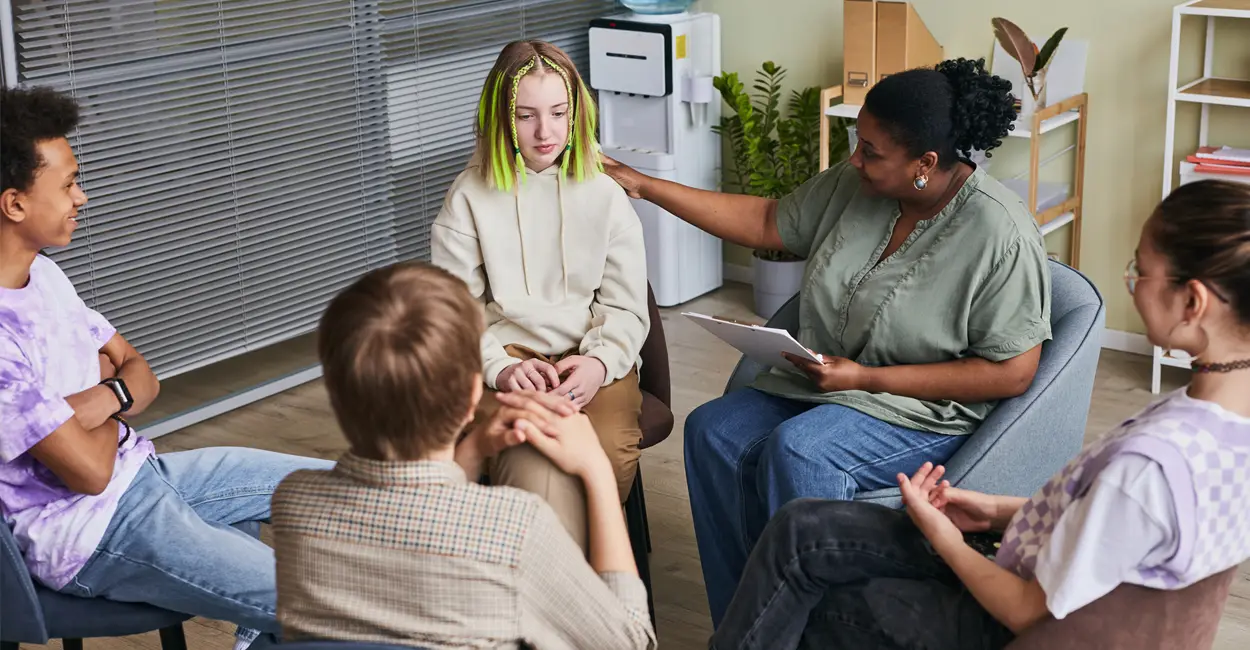24/7 Helpline:
(866) 899-221924/7 Helpline:
(866) 899-2219
Learn more about PTSD Treatment centers in Bonner Springs

Other Insurance Options

Holman Group

Aetna

Covered California

Health Choice

Kaiser Permanente

Choice Care Network

MVP Healthcare

Access to Recovery (ATR) Voucher

Medical Mutual of Ohio

CareSource

Sutter

PHCS Network

Horizon Healthcare Service

Health Net

Self-pay options

Magellan Health

Optum

Ambetter

Premera

Anthem










